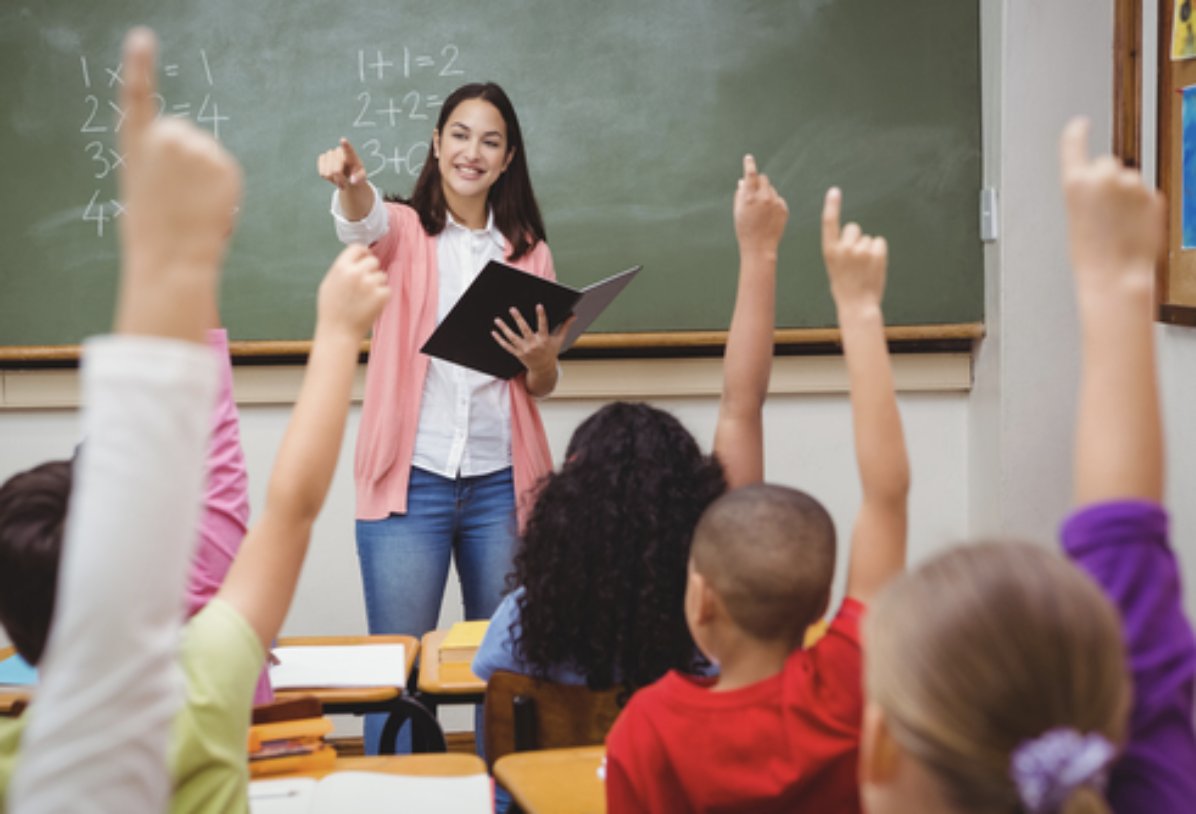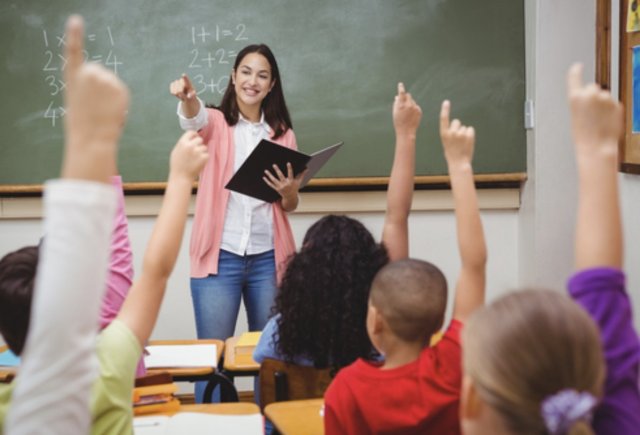
There is robust research about the different factors that influence student achievement. While teacher skill and communication is important, there are a number of influential factors for student success that happen outside of school. In fact, research shows that supportive behavior from parents or guardians correlates with student achievement.
The link between parental support and student achievement is so robust that districts often have policies to encourage it and various funding sources for schools have been tied to it, but there are some activities that move the needle on student achievement further than others.
The different kinds of parental involvement sit along a spectrum—from simply being interested in your child’s education to activities like volunteering in the classroom or to chaperone field trips. The good news is that general measures of achievement like GPA are correlated with all kinds of involvement and that result has been seen across all age and income levels.
While there are many ways for parents to engage at school, the top four most impactful parent behaviors are: parent tutoring, supporting homework, communicating expectations about learning and academic socialization. Here’s a look at each.
Parent Tutoring
For the youngest learners in grades K to 3, research into reading acquisition has shown some interesting results. A 2008 analysis found that training parents to teach their children to read was far more effective than either teaching parents to listen to their children read aloud or having parents read aloud to their children. An earlier study in 2006 showed similar results for every content area and age level. Parent tutoring increased student achievement on both criterion and norm-referenced tests, no matter how long the tutoring sessions were or what kind of instruction or modeling was provided to the parents.
Supporting Homework
The effect of parent involvement in homework has been more mixed. One research report analyzing this topic found a strong link between increased achievement on almost any measure when parents regulate homework time and help students when they struggle. Regulations were household rules about when and where students complete homework. However, significant results were only found for elementary students and were not seen when parents simply monitored homework.
Communicating Expectations
The most generalizable impact has to do with parental expectations. Two reports from 2005 and 2009 looked at a variety of parent behaviors and found that parental expectations and parenting style were significant predictors of higher achievement in both elementary and middle school.
Academic Socialization
While most of the parental involvement research cites significant results in elementary grades, the final parent behavior, academic socialization, has been found to have significant correlations with higher student achievement in middle school. According to one 2009 study, academic socialization included parents’ expectations for academic achievement, fostering academic aspirations in children, discussing learning strategies and planning for children’s academic future.
Putting It All Together
When it comes to important parent behaviors, the four mentioned above are proven to be most impactful. Woven through each is the importance of clear and consistent communication. In addition, open lines of communication between parents and teachers are essential to student success. So often, parents receive a lot of handouts and emails only to file them away, never to be visited again. It’s important for parents to review what teachers send home. They should remain engaged with the teacher and ask clarifying questions when needed.
Yet, there will be times when lines of communication break down and additional assistance is needed. In these moments, parents have the right and responsibility to bring in the support of additional school administration, like a principal. It can be tricky to know when to call on the principal and everyone is different, but here is a general list to help parents and guardians.
When to call the principal…
1. When something changes at home—good or bad. Children often engage in unusual behaviors as a coping mechanism when they encounter a new situation at home like a new sibling or parent, moving to a new house or losing a loved one.
2. When you see behavior changes at home. Misbehavior at home can signal that your child is experiencing stress at school. Sometimes it’s safer to be naughty at home where everyone loves you unconditionally than it is to deal with something that’s bothering you at school.
3. When you appreciate anything the school or its personnel are doing. Working in public education is often difficult and stressful. Expressing your gratitude for the good things that happen in schools can not only light up a teacher or principal’s day, but good deeds and gratitude have lots of beneficial side effects for the giver.
When to NOT call the principal…
1. When you want to request a specific teacher for your student next year. We all want the very best for our kids so it’s tempting to try to stack the deck in their favor when it comes to the teachers they have. Schools consider lots of variables when making classroom assignments, including student personality. It might turn out that the teacher the school picked for your child is a better choice than the one your neighbor recommends.
2. When parking for a school event is terrible. Parking is always terrible. Get there early so you can find a spot and then just grin and bear it. There are more unpleasant things we do for our kids.
3. When you want to complain about a laundry list of things that happened in your child’s classroom. When your student shares things that happen during the day, remember that you’re only getting one side of the story. It’s often much more productive to chat with your child’s teacher first and only go to the principal if you have concerns after that.
We know that the most significant forms of parental involvement happen at home. By encouraging the activities that have a greater impact on achievement, remaining in communication with teachers and calling on the help of the principal when needed, we can ensure students have the best opportunity for success.











